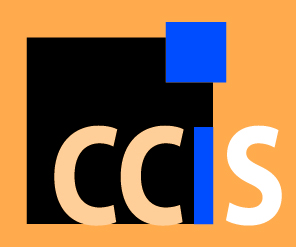ABSTRACT
In this talk I try to identify some challenges concerning teaching
formal methods to undergraduate
university students. I then present some hopefully useful criteria for introducing
formal methods to students in a fun and interesting way. Finally, I
present an introductory formal methods course taught to second-year
students at the University of Oslo that tries to introduce formal
methods according to the above criteria. This course is based on
rewriting logic and the associated tool Maude, and, in addition to
introducing formal methods, also focuses on formally modeling and
analyzing key algorithms and protocols in distributed systems and
security. I end the talk by summarizing student feedback on this
course.
SPEAKER'S BIOGRAPHY
Peter Ölveczky received his PhD in computer science from the
University of Bergen, Norway, in 2000, having performed his thesis
research at SRI International. He was assistant and then associate
professor at the University of Oslo 2001-2008, and has been a full
professor there since 2008. He was also a post-doctoral researcher at
the University of Illinois at Urbana-Champaign (UIUC) 2002-2004, and a
visiting researcher at UIUC 2008-2018.{/p>
Ölveczky's research focuses on formal methods, in particular for
real-time systems. He is the developer of the Real-Time Maude tool,
which has been used to formally model and analyze a large range of
advanced systems, including scheduling protocols, distributed data
stores, wireless sensor network algorithms, the human thermoregulatory
system, mobile ad hoc networks, avionics systems, human cognitive
processes, and so on.
Ölveczky has organized 13 international scientific
workshops/conferences, has edited a number of
scientific books and journal issues, and is a member of the steering
committees of FACS and SEFM. He has written the textbook
“Designing Reliable Distributed Systems,” published in Springer’s “Undergratuate Topics
in Computer Science” series, that uses rewriting logic and Maude
to introduce formal methods.
|



